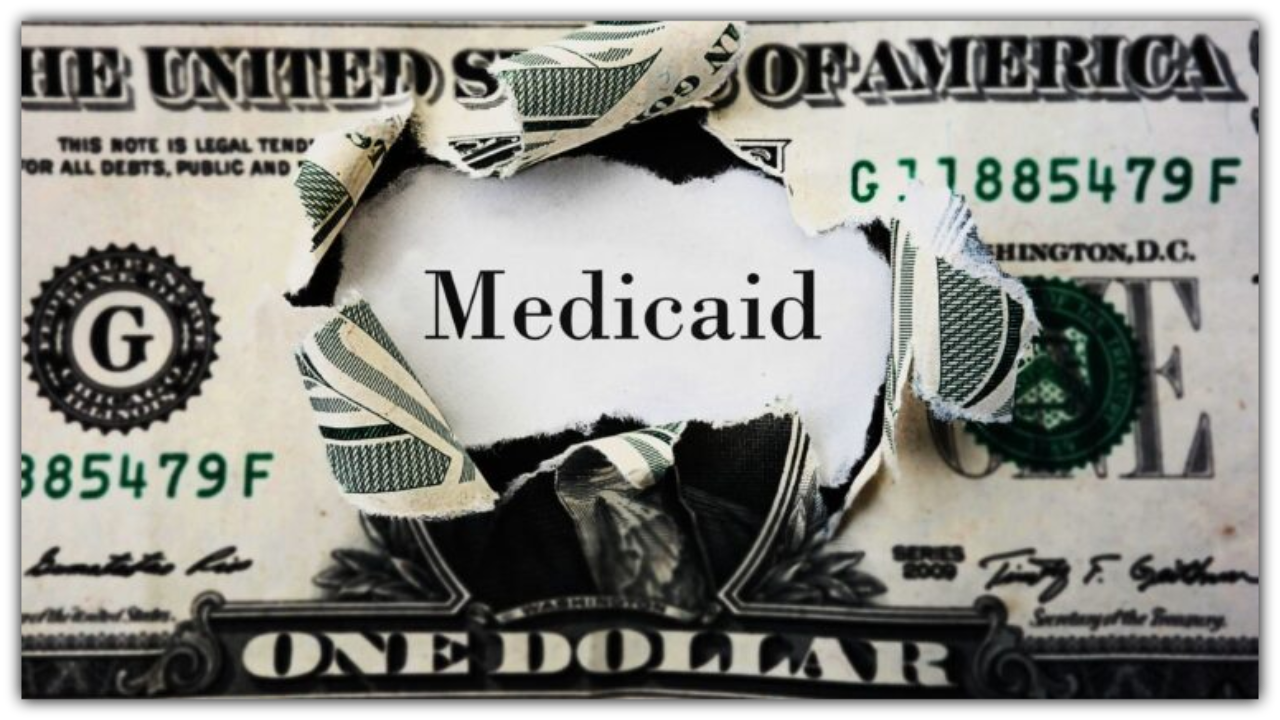Millions Could Lose Medicaid in 2026 — Here’s What You Need to Know Now!
Alright, if you or someone you know is on Medicaid, listen up — there’s some news that might affect you. Congress just gave the green light to a big change: starting sooner than expected, a bunch of folks on Medicaid will have to prove they’re working, volunteering, or studying to keep their health coverage.
What’s the Deal With These Work Requirements?
Think of Medicaid as that safety net helping millions get healthcare. Now, the government wants certain adults on Medicaid to show they’re spending about 20 hours a week working, going to school, or volunteering. If they don’t, they could lose their coverage.
The idea is to encourage folks to stay active in the workforce or community. Sounds fair on paper, but it worries a lot of people who fear this will leave some folks without the medical care they desperately need.
When Will This Start? Sooner Than You’d Guess.
At first, everyone thought this wouldn’t happen until 2029. But nope — lawmakers pushed the date up. Starting December 31, 2026, adults between 19 and 64 on Medicaid may have to meet these work or activity requirements.
Who’s In — And Who’s Out?
If you’re on Medicaid and fit these criteria, this affects you:
-
Adults aged 19 to 64, who don’t have disabilities and aren’t pregnant, will likely need to meet the work hours.
-
That means about 80 hours a month of work, school, or volunteering.
-
Pregnant folks, people with disabilities, and some others won’t have to worry about this.
Also, instead of checking in once a year, Medicaid will be checking eligibility every six months. So keep those records handy!

Why Are They Doing This?
Lawmakers say it’s about pushing people to get back to work and cutting down on government spending. They expect these changes to save the government a ton of money — nearly $700 billion over the next decade.
But the flip side? Experts warn millions might lose their Medicaid coverage because they can’t meet these new rules. That’s a lot of people who could suddenly find themselves without healthcare.
What’s Next?
The bill’s now with the Senate, and it’s a bit of a toss-up whether it’ll pass as is. If it does, states will have to scramble to put new systems in place to track hours and verify eligibility.
What Should You Do Now?
If you’re on Medicaid, don’t panic, but do pay attention:
-
Keep an eye out for updates from your state. Some states might delay or tweak how they do this.
-
Track your work, classes, or volunteering hours so you have proof if needed.
-
Make sure Medicaid has your current contact info — you don’t want to miss important notices.
-
Reach out to local help groups if you feel stuck or need advice.
This change is coming fast, and it could affect millions of people’s access to healthcare. The goal is to encourage work and cut costs, but it’s a pretty big deal if you rely on Medicaid.
If you want, I can help you figure out how these changes might hit your state or where to find support.


Comments are closed, but trackbacks and pingbacks are open.